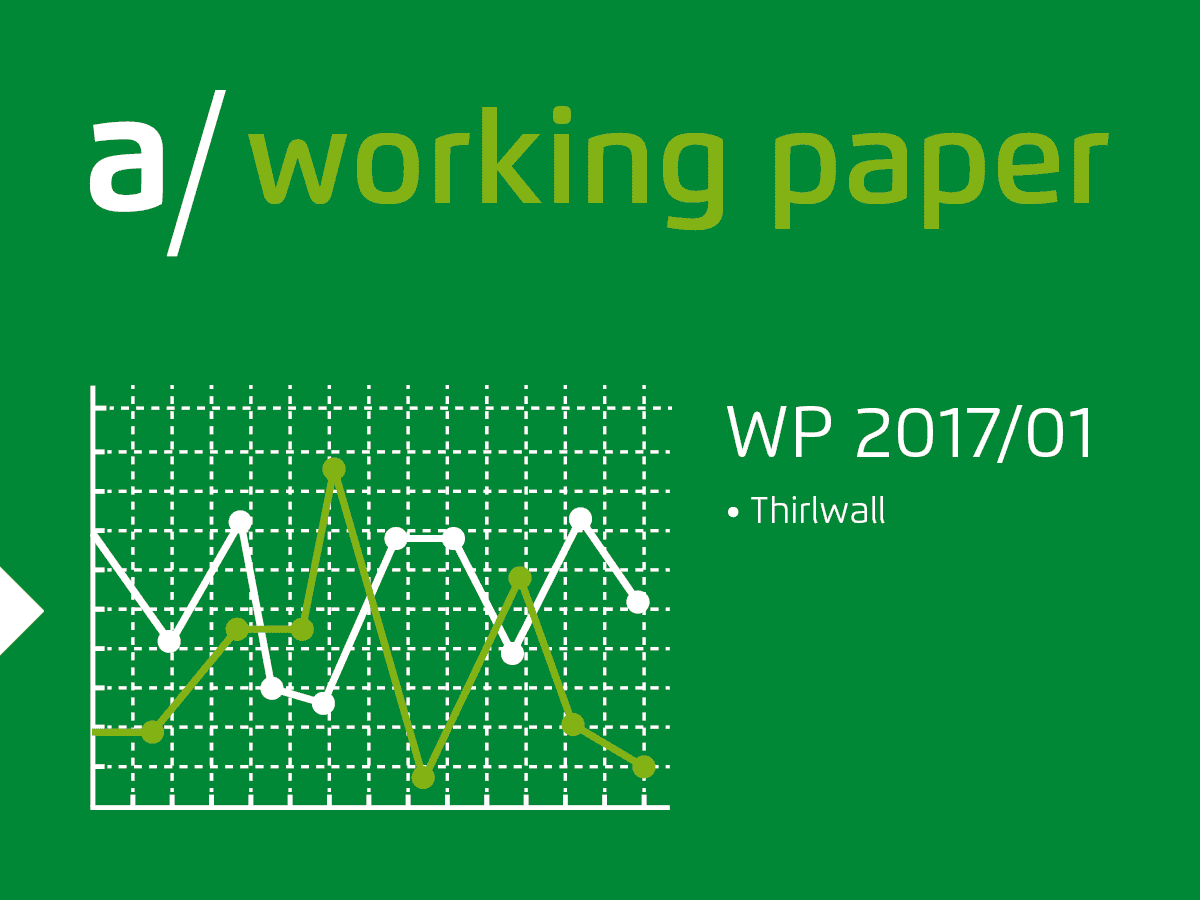We are celebrating today the life and work of Nicholas Kaldor on the thirtieth anniversary of his death on 30th September 1986. Kaldor was one of the most distinguished Hungarian economists of the twentieth century who ought to have more recognition in his native country, even though most of his academic life was spent in the United Kingdom. I knew Kaldor well in the last years of his life between 1979 and 1986. In the mide-1970s, I had already decided that I would write an intellectual biography of him – I found him such an original and interesting economist, and decided there was a Kaldorian economics to be written. In 1979, I spent a sabbatical term in King’s College, Cambridge. I attended Kaldor’s lectures; I talked to him, and finished reading the whole of his published work – over 250 articles and books. Then in the academic year 1985-86, I spent a whole year in Cambridge, working in his house in Adams Road to sort out his papers; read his correspondence with other economists, and to interview him extensively about his ideas and events of long ago. My biography of him was published in 1987 (Thirlwall, 1987). When Kaldor died, undoubtedly economics lost one of its most original and controversial economists of the twentieth century. We are all mortal, of course, but not many live the rich intellectual and political life that Kaldor enjoyed. Below, I give some brief biographical details, and highlights in Kaldor’s academic and political life.
WP 2017/01: Nicholas Kaldor’s Insights into the Applied Economics of Growth: Why I Became a Kaldorian

19 January 2017
- Authors
- Anthony Philip Thirlwall Università del Kent
- Keywords
- Economic Growth of Open Economies; Post-Keynesian Models
- JEL Codes
- E12, F43

